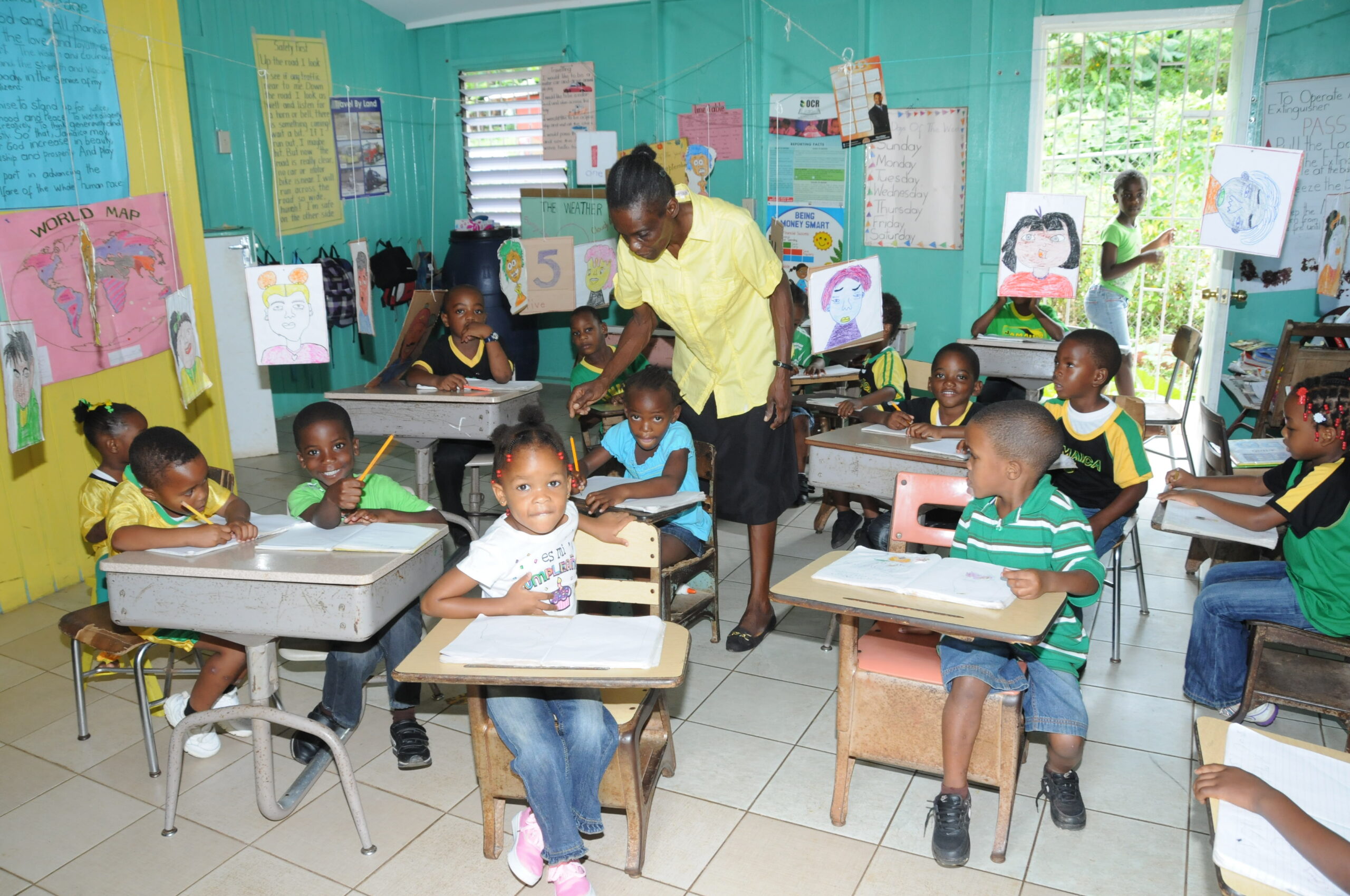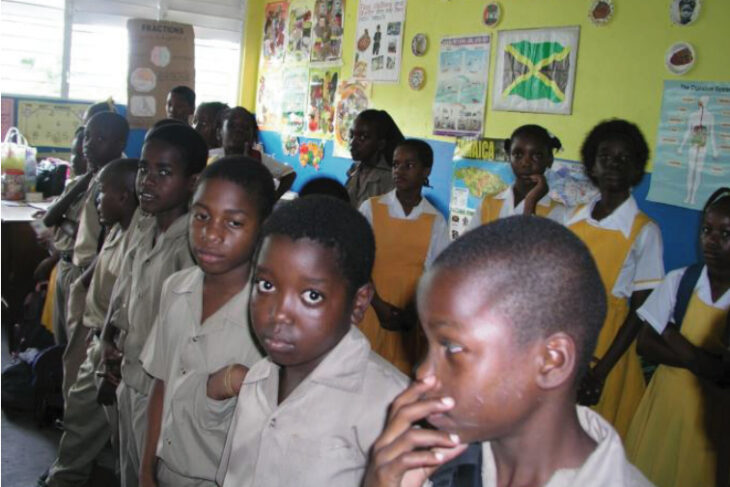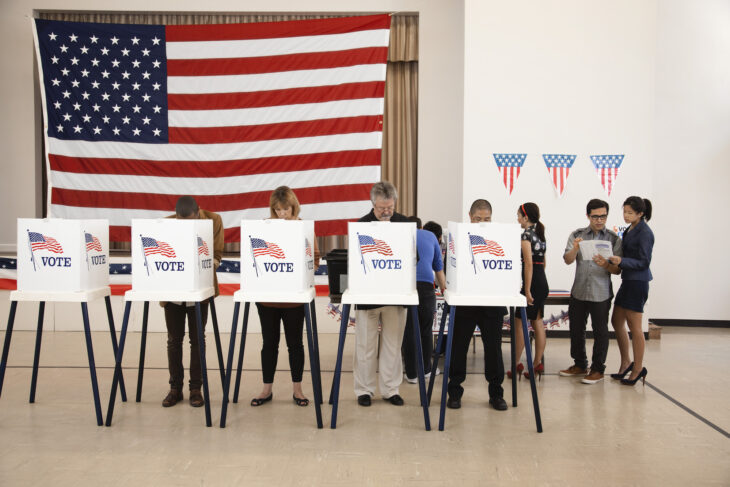
The recent outturn in the Caribbean Secondary Education Certificate (CSEC) and Grades 5 & 6 examination results once again highlighted the severe deficiencies in (Science, Technology, Engineering and Mathematics (STEM) subjects in general (the high school level) and mathematics in particular (across both primary and high schools). The challenge in getting our students in doing better in mathematics is well known. It is a decades long challenge. To date, the fix or the solution has not been found.
The Gleaner asked Dr. Samuel McDaniel, who is a lecturer in the Department of Mathematics at The University of the West Indies (The UWI) for his thoughts on possible solutions. Dr. McDaniel posited that only three subjects should be taught in primary schools — reading, writing and arithmetic. The Gleaner quoted him as saying:
“When a child leaves primary school, they should be able to read and read fluently and understand what they are reading……If you cannot read properly, then it is almost impossible to do math.”
This was a new and different take on the decades-old problem. It was a very logical answer, as we know from all the research gathered over the years that far too many children leave primary school without the ability to read and comprehend properly.
Coincidentally, I recently had a chat with the principal of a well-known primary school in St Andrew. One of the points which she made to me during the discussion was that far too many children arrive at grade 1 in primary school without being able to read at the grade level or to read at all. Thereafter, it is a struggle at all grade levels through to grade 6, with remedial work required at each grade level.
Unfortunately, there are too few specialist reading teachers in the primary school system, so many children end up being pushed up to the next grade (I cannot say promoted) still being unable to read properly. I reflected that when my daughter and her friends arrived at grade 1, albeit through the prep school system, they all read very well. The majority of students entering primary schools enter from basic schools. The Early Childhood regulations mandate that at a minimum each basic school must have at least one trained teacher. Prep schools have a full complement of trained teachers across the K1, and K2 grades (the equivalent of the age 4 and 5 cohorts of a basic school).
As I reflected on the issues the following came to mind.
- Do we have a preponderance of our brightest and best minds being trained as teachers? If not, why not?
- Do we have our best and brightest teachers at the basic school level? If not, why not?
A quick review of the websites of The Mico University College, Sam Sharpe Teachers’ College, Bethlehem Moravian College and St. Joseph’s Teachers’ College all revealed that they all offer the B.Ed. degree and that for all of them the minimum matriculation requirements are five CSEC/GCE subjects including Mathematics, English Language at General Proficiency Levels I, II or III.
There is no publicly available data on the average matriculation status of teachers’ colleges new registrants.
The minimum requirements for entrance into a teachers’ college cannot get a child into the traditional Sixth Form programme at Immaculate Conception High School, Campion College, St. Andrew High School for Girls and many others.
It seems to me that apart from those who, from a relatively early age in high school, are determined to become teachers, the best and the brightest students coming out of CSEC/GCE examinations are not the ones going to teachers’ colleges. Instead, they go to sixth forms, matriculate for three-year university undergraduate programmes and move on to other professions.
We know that the financial arrangements for public school teachers are not good. However, they are not irremediable. The teachers’ union has consistently advocated non-cash benefits, on the basis that these, if granted, will augment the financial benefits providing economic stability for teachers.
The minimum teaching requirements for basic schools almost condemn them to not having the best and the brightest in terms of teachers. When that is coupled with the distressing economics of basic schools, the result is that evidenced in Jamaica today.
The Government of Jamaica has difficult choices on its educational spend. Where does it commit the bulk of its funds?
My view is that spending ought to be dramatically increased for basic schools.
Basic schools with better and more resourced facilities, and more trained teachers of a higher quality will eventually result in more students entering primary schools being at a minimum, on par with those students entering grade 1 from prep schools. If Dr McDaniels’ thesis is correct, this will result in better readers, which will lead to a better output in mathematics.



